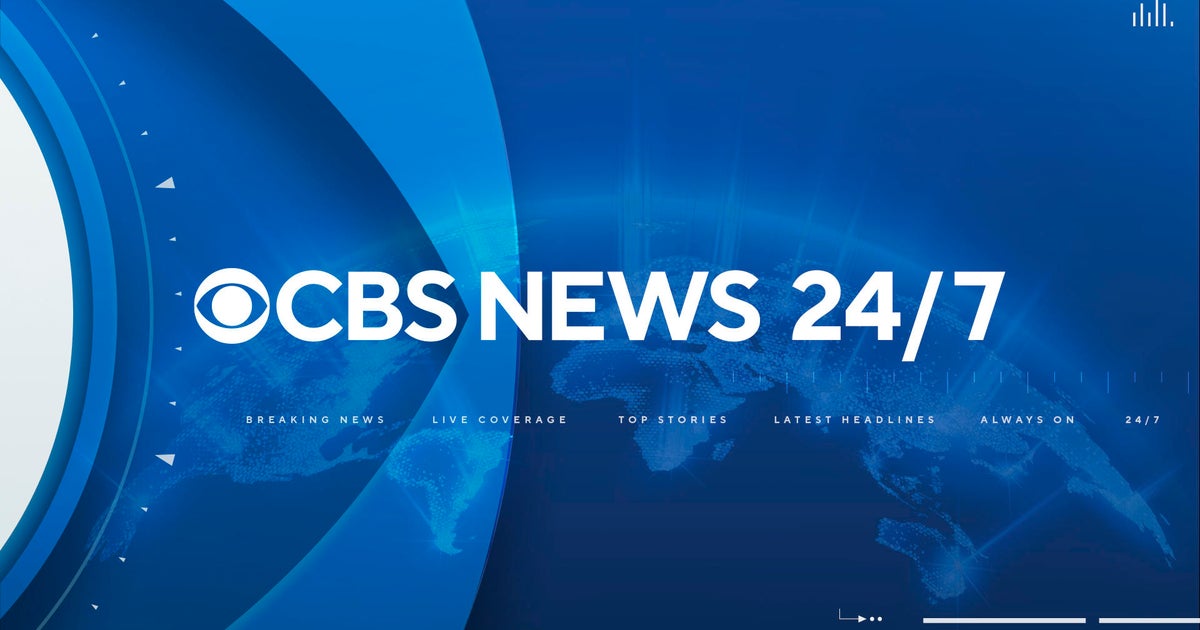Browsing the News Landscape: Tips for Searching For Credible Info
In an age where details is plentiful yet commonly unreliable, browsing the information landscape with discernment is extremely important. Establishing the trustworthiness of resources is the initial step, as comprehending the qualifications of writers and the credibility of their magazines can considerably influence the high quality of details eaten.
Assessing Source Reliability
Examining resource reputation is essential for making certain the reliability of info in an age noted by information overload. As individuals navigate different types of media, from electronic articles to socials media, discerning legitimate resources comes to be extremely important. Key aspects to think about when evaluating resource reputation include the authority of the writer, the magazine's track record, and the proof supplied to support claims.
First, check out the writer's credentials and competence in the subject. Writers with pertinent academic or expert backgrounds are more probable to provide trusted insights. Next, take into consideration the publication's online reputation; developed media outlets normally comply with journalistic criteria and fact-checking procedures, making them a lot more credible.
Furthermore, analyze the quality and relevance of the proof offered. Credible sources commonly cite peer-reviewed research studies, professional interviews, or official statistics, which boosts their claims.
Cross-Checking Information
Cross-checking info is a crucial technique for verifying the precision of claims and preventing the mistakes of misinformation. This procedure involves comparing details from several respectable sources to identify its validity. When running into an information tale or claim, one must choose extra reporting on the exact same subject from various outlets. This assists to recognize disparities and verify truths.
To efficiently cross-check info, it is important to use diverse resources, including established wire service, academic journals, and specialist viewpoints. Each source might supply an one-of-a-kind viewpoint or extra context that improves understanding. Additionally, pay focus to the magazine days of the info being evaluated, as updates or improvements might have been provided.
Additionally, take into consideration the context in which info is presented. Try to find corroborating evidence, such as data, interviews, or direct accounts, that lend credibility to a claim. Be cautious of mind-blowing headings or psychologically billed language, as these can suggest an effort to manipulate perception.
Recognizing Predisposition and Perspective
Recognizing prejudice and viewpoint is crucial for navigating the complicated landscape of details. Every piece of news is filteringed system via the lens of the author's experiences, ideas, and affiliations, which can substantially form the narrative provided. As consumers of information, it is important to acknowledge these biases, as they can result in altered assumptions of reality.
It is additionally crucial to recognize your very own predispositions. Personal ideas can affect exactly how you interpret information, making it necessary to approach information with a critical way of thinking. Involving with varied point of views can assist counteract individual biases, permitting an extra rounded understanding of concerns.
Eventually, recognizing prejudice and perspective in news reporting is not merely an academic exercise; it is a crucial ability for educated citizenship in an autonomous society. By cultivating this recognition, people can make more informed choices and add to a more nuanced public discussion.
Recognizing Fact-Checking Resources
Fact-checking resources play an essential function in discerning the precision of details in a period noted by false information and sensationalism. These resources, that include independent companies and online systems, are committed to confirming cases made by public numbers, media electrical outlets, and social media sites messages. They use strenuous methods to assess the credibility of statements, commonly citing original sources and giving context to assist in understanding.
Some widely known fact-checking organizations, such as Snopes, FactCheck.org, and PolitiFact, concentrate on various subjects, from political rhetoric to viral net cases. Their job not just debunks incorrect info however also navigate to this website highlights the value of evidence-based discussion. By speaking with these sources, people can establish a much more discerning strategy to the info they run into.
Furthermore, many fact-checking systems supply easy to use interfaces that enable quick searches by subject or insurance claim, making it simpler for customers to locate appropriate look what i found details promptly. Involving with fact-checking resources cultivates critical reasoning and outfits individuals with the devices necessary to navigate the intricate information landscape efficiently, eventually promoting a much more enlightened public discourse.

Making Use Of Trusted Information Aggregators
In today's fast-paced information landscape, trusted information collectors function as useful tools for individuals looking for trusted news resources. These systems assemble news write-ups from various trustworthy outlets, giving customers with a consolidated view of current occasions. By curating content from developed media organizations, collectors help customers avoid the risks of false information and sensationalism typically prevalent in much less trustworthy sources.
When making use of information aggregators, it is important to choose ones that prioritize top quality over amount. Search for systems that employ strenuous content standards, ensuring that the information offered is accurate and trustworthy. Popular aggregators like Google Information, Feedly, and Flipboard permit users to customize their news feeds based upon subjects of passion, making it possible for a customized experience that can improve knowledge and awareness.
In addition, aggregators typically consist of features such as fact-checking integrations and customer rankings, additionally assisting customers in critical credible info - news. While news collectors are useful, users must continue to be watchful and cross-reference details with primary sources when required. By leveraging trusted information collectors efficiently, individuals can browse the complicated media landscape while remaining informed with reliable and varied perspectives
Final Thought
In verdict, browsing the news landscape demands a systematic technique find out here now to ensure the intake of trustworthy details. Furthermore, utilizing fact-checking sources and trusted information aggregators improves the capability to recognize exact coverage from false information.